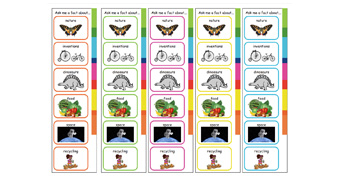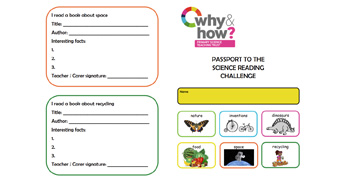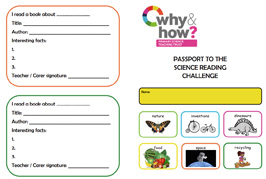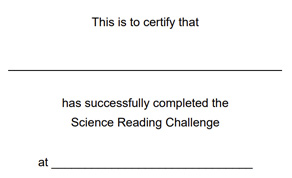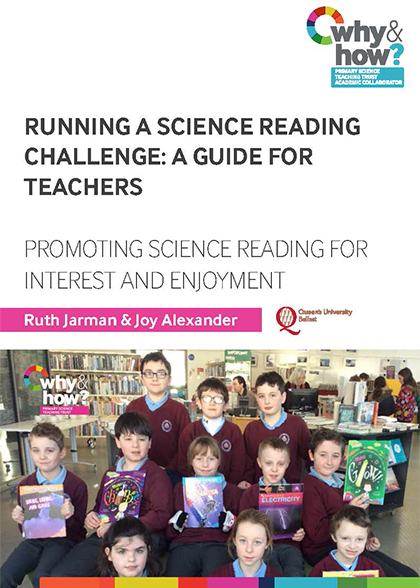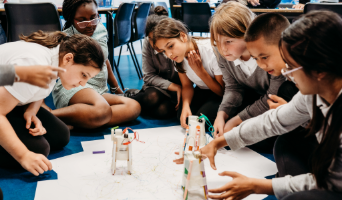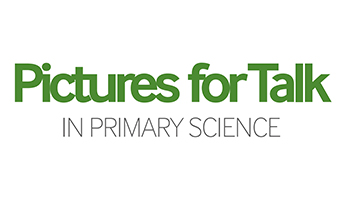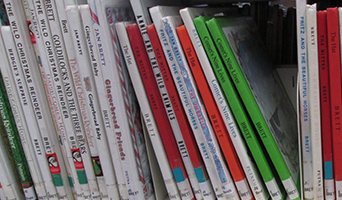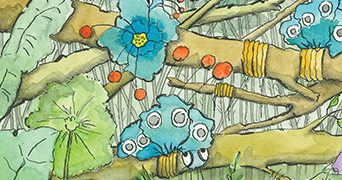It is relatively rare to find reference to ‘reading science for pleasure’ in school science policies, action plans or schemes of work. Yet there is a wealth of wonderful science books published for children, many of which have the potential not only to extend our pupils’ knowledge and understanding, but also to excite their interest and imagination.
In a PSTT-funded study, just over 300 children, aged between 8 and 14, completed a questionnaire exploring their reading habits, preferences and opinions, generally and in relation to science. Only about 16% regularly read science books on a free-choice basis. Children say, ‘I like science, but I wouldn’t be tempted to read a book about it.’ Some children describe science books as ‘boring’ or ‘difficult’ and many believe that ‘only smart people’ or ‘clever people’ read science books. Unless we can break the cycle shown, many of our children will miss out on books which could really catch their interest and imagination.
A Science Reading Challenge within the school setting, where the focus is reading science books for pleasure and is not too teacher-directed, can show children that science reading can be interesting and fun. The Challenge is most successful when children not only read their books but can choose to participate in activities designed to foster further engagement with the books.
The benefits for children from reading science information books and science-rich story books are:
- the learning of science information and ideas, with real-life examples which raise pupils’ awareness of the wider reach of science
- the learning of science skills and of what it means to ‘work scientifically’ as many books include practical examples and suggestions for investigations
- the learning of skills through science, particularly those related to literacy and 21st century skills of communication, collaboration, critical thinking and creativity
- promoting an interest in science and fuelling curiosity and a sense of wonder
- increasing the possibility that children will continue to engage with science beyond school.
To help you plan your own Science Reading Challenge for your school, you can download ideas for possible Launch Events and Activities. You can also download bookmarks, passports and certificates, or design your own if you have chosen to follow a particular theme for your Science Reading Challenge.

